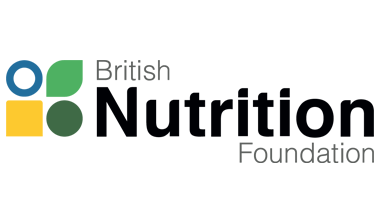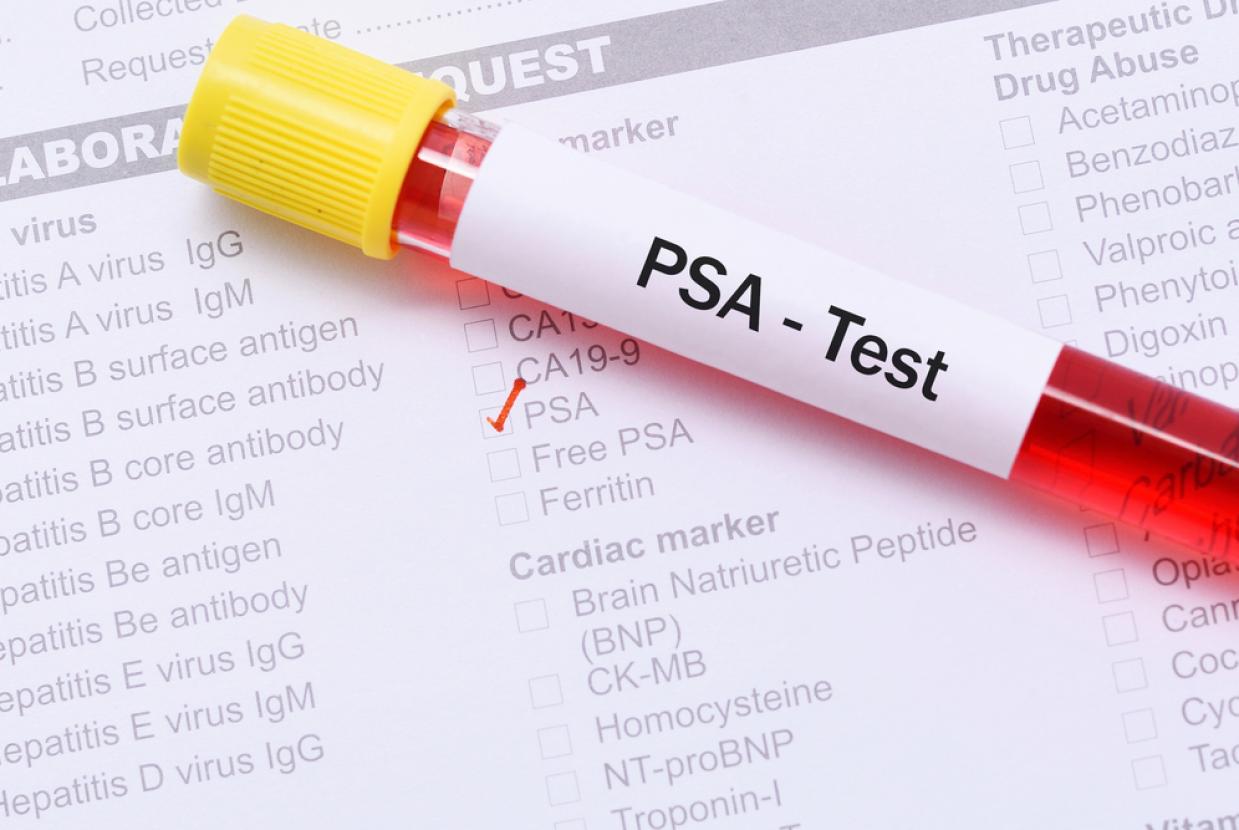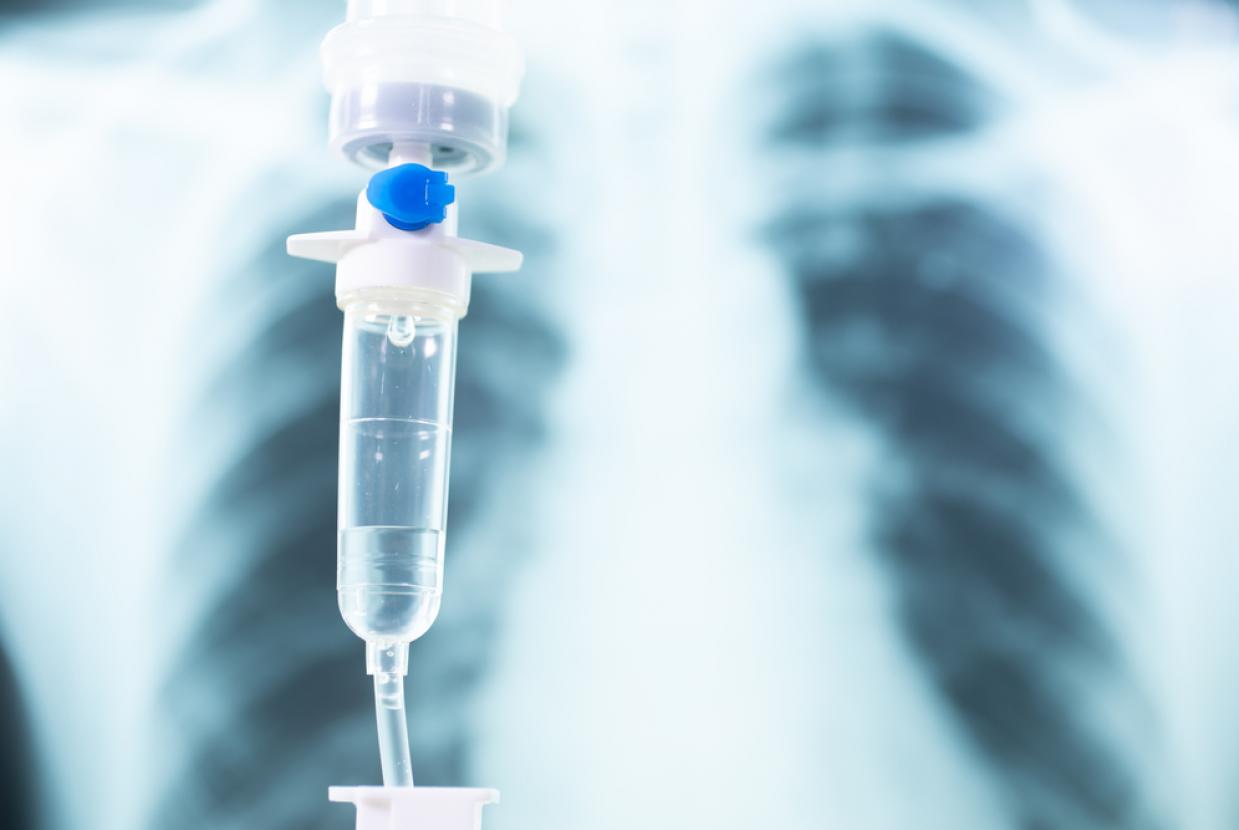Nutrition For Men
Recommendations for nutrients are a guideline, not a target, because everyone is individual and will vary in size and activity levels. As a guide, the dietary reference values (DRVs) per day for an average adult man are approximately:
| Energy | Around 2500kcal |
| Fat | No more than 97g |
| Saturated fat | No more than 31g |
| Carbohydrate | At least 333g |
| Free sugars | No more than 33g |
| Protein | 55g |
| Fibre | 30g |
| Salt | No more than 6g |
| Nutrient | Reference nutrient intakes (RNI) |
Vitamins | Vitamin A | 700µg/d |
| Thiamin | 1.0mg/d |
| Riboflavin | 1.3mg/d |
| Niacin | 17mg/d |
| Vitamin B6 | 1.4mg/d |
| Folate | 200µg/d |
| Vitamin B12 | 1.5µg/d |
| Vitamin C | 40mg/d |
| Vitamin D | 10µg/d |
Minerals | Calcium | 700mg/d |
| Phosphorus | 550mg/d |
| Magnesium | 300mg/d |
| Potassium | 3500mg/d |
| Iron | 8.7mg/d |
| Zinc | 9.5mg/d |
| Copper | 1.2mg/d |
| Selenium | 75µg/d |
| Iodine | 140µg/d |
µg, micrograms
These values are known as Reference Nutrient Intake (RNI), the amount of a nutrient that is needed to ensure that the needs of nearly all the group (97.5%) are being met.
RNIs are not recommendations or goals for individual people but estimates of the requirements for groups of people.
What are men currently eating in the UK?
Let’s look at what dietary survey data suggest about what men are eating in the UK, in comparison to what is recommended.
Fruit and veg
The recommendation to eat at least five portions of fruit and veg per day (equivalent to 400g) is based on advice from the World Health Organization, to lower the risk of serious health problems, such as heart disease, stroke and some cancers.
Yet only around 1 in 3 of UK men meet the 5 A DAY advice! A good way to ensure you get your 5 A DAY is to have one portion with breakfast, two with lunch and two with dinner. You can add even more by choosing fruit or vegetables as snacks.
Oily fish
Oily fish (such as salmon, mackerel, sardines, trout) are high in an important type of fat called long-chain omega-3 fats. These fats may help to prevent heart disease.
Oily fish are also a good source of vitamin D, important for healthy bones and muscles. We should eat at least one portion (around 140g when cooked) of oily fish a week, but on average men in the UK eat much less than this. So why not try using canned salmon, mackerel or sardines in a salad or on wholegrain toast to contribute to your oily fish intake. Try and make sure its sustainably sourced.
Oily fish can contain low levels of pollutants that can build up in the body. For this reason, it is recommended to have no more than four portions of oily fish a week.
Red and processed meat
Red meat includes pork, veal, lamb, mutton, beef, horse and goat. Processed meats are meats preserved by smoking, curing, fermentation, salting or by adding chemical preservatives and normally include ham, bacon and salami.
While red meat is a good source of protein and provides vitamins and minerals such as iron and zinc, consumption of red and processed meat should be limited to 70g (cooked weight) per day or around 500g per week. High intake (more than 90g per day) is associated with an increased risk of bowel cancer. In males in the UK, bowel cancer is the third most common cancer.
The following weigh around 70g:
- a small portion of steak (about the size of a pack of cards)
- three average sized rashers of bacon (fried or grilled) or three slices of ham (not wafer thin)
- a quarter-pounder beef burger (cooked)
Men in the UK on average are currently eating 69g of red and processed meat per day. However, there is considerable variation, and some men are eating more than the recommended maximum. If you eat a lot of red and processed meats, try replacing some of this with eggs, poultry, fish and plant-based sources of protein such as pulses (beans, peas and lentils).
A medium portion of roast beef or pork is about 90g and a medium steak is about 145g (cooked weight).
We also know that on average men are eating too much saturated fat and salt and meat products are significant contributors to men’s intakes of both.
Saturated fat
Some fat is essential in a healthy balanced diet, but many of us are eating too much saturated fat. UK health guidelines recommend that saturated fat should not contribute more than 10% of our total energy, yet in adult men, saturated fats are providing on average just over 12%. Saturated fat is the kind of fat found in butter and lard, pies, cakes and biscuits, fatty cuts of meat, sausages, bacon, cheese and cream so cutting down on these foods may reduce your intake of saturated fat. You can find out how food labels can help you look at how much saturated fat is in foods that you buy here.
We should be replacing saturated fat with some unsaturated fat, so swap to plant/vegetable oils like rapeseed, olive, nut oils and spreads made from them. Unsaturated fats can also be found in avocados, nuts, seeds and oily fish.
Salt
The average intake of salt in adult men per day is 9.2g, higher than the maximum recommendation of 6g day, and higher than women who have an average intake of 7.6g a day.
Eating too much salt can increase your risk of high blood pressure, which increases your risk of:
- heart disease
- heart attacks
- strokes
- heart failure
- kidney disease
- vascular dementia
So, try to reduce the amount of salt in your diet and not add salt to your food during cooking or at the table.
Food manufacturers have made some changes to reduce the amount of salt they add, but it is estimated that 75% of the salt we eat is added to the food we buy. This comes from salt added to foods like bread, ham and bacon, sauces and gravies, salted snacks, soups and ready meals.
We can use nutrition labels to check the salt content in the foods we buy and help us to choose lower salt options. The back-of-pack label will give you the amount of salt in 100g of the food and usually per portion as well – do not forget the aim is to have less than 6g (about a teaspoon of salt) a day.


































































